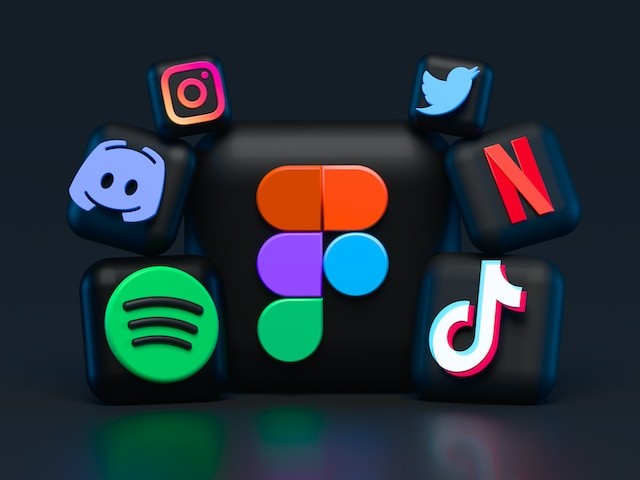Blockchain technology has the potential to significantly impact social media in various ways, offering benefits such as increased security, transparency, and user control. Here’s a closer look at the potential impact of blockchain on social media:
-
Data Security and Privacy:
- Blockchain can enhance the security and privacy of user data on social media platforms. It allows for the encryption and secure storage of user data, reducing the risk of data breaches and unauthorized access.
-
Identity Verification:
- Blockchain can provide a reliable system for verifying user identities, reducing the prevalence of fake accounts and bots on social media platforms. This can help improve the quality of interactions and reduce the spread of misinformation.
-
Content Ownership and Attribution:
- Blockchain technology can be used to establish ownership and attribution of content on social media. Users can have verifiable proof of authorship, which can help protect content creators from plagiarism and intellectual property theft.

-
Micropayments and Content Monetization:
- Blockchain enables secure and efficient micropayments. Users can be rewarded for creating and sharing content, and they can directly receive payments from consumers, potentially changing the monetization model for social media platforms.
-
Content Verification and Fact-Checking:
- Blockchain can be used to create a transparent and immutable record of content. This can aid in fact-checking and verification of information shared on social media, reducing the spread of fake news and misinformation.
-
Decentralization and Censorship Resistance:
- Blockchain’s decentralized nature can make social media platforms less susceptible to censorship and control by a single entity. This can protect freedom of speech and expression.
-
Enhanced User Control:
- Users can have more control over their data and content on blockchain-based social media platforms. They can decide who can access their information and have greater say in the platform’s governance.
-
Reducing Fake Engagement:
- Blockchain can help reduce fake engagement metrics, such as fake likes and followers. This can lead to more authentic and meaningful interactions on social media.
-
Supply Chain Transparency:
- For influencer marketing, blockchain can provide transparency in the supply chain, ensuring that influencers’ posts align with their actual endorsements and sponsors.
-
User-Generated Content and Tokens:
- Some blockchain-based social media platforms reward users with tokens or cryptocurrencies for creating and curating content. These tokens can be traded or used within the platform’s ecosystem.
-
Data Portability:
- Users can easily port their data and content from one blockchain-based social media platform to another, giving them more control and flexibility over their online presence.
While blockchain has the potential to bring positive changes to social media, it’s worth noting that the adoption of blockchain technology in this space is still in its early stages. Challenges such as scalability, usability, and regulatory considerations need to be addressed before blockchain-based social media platforms can become mainstream. However, as the technology matures, it holds the promise of creating more secure, transparent, and user-centric social media experiences.









